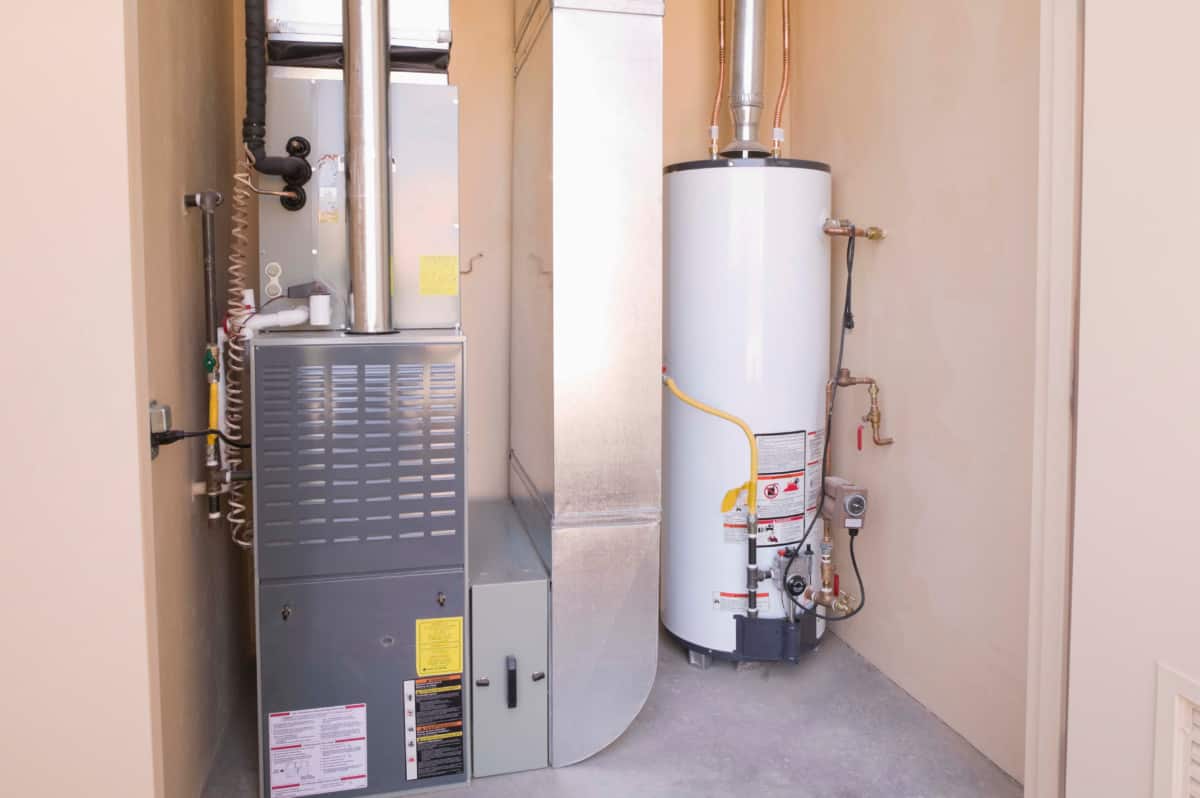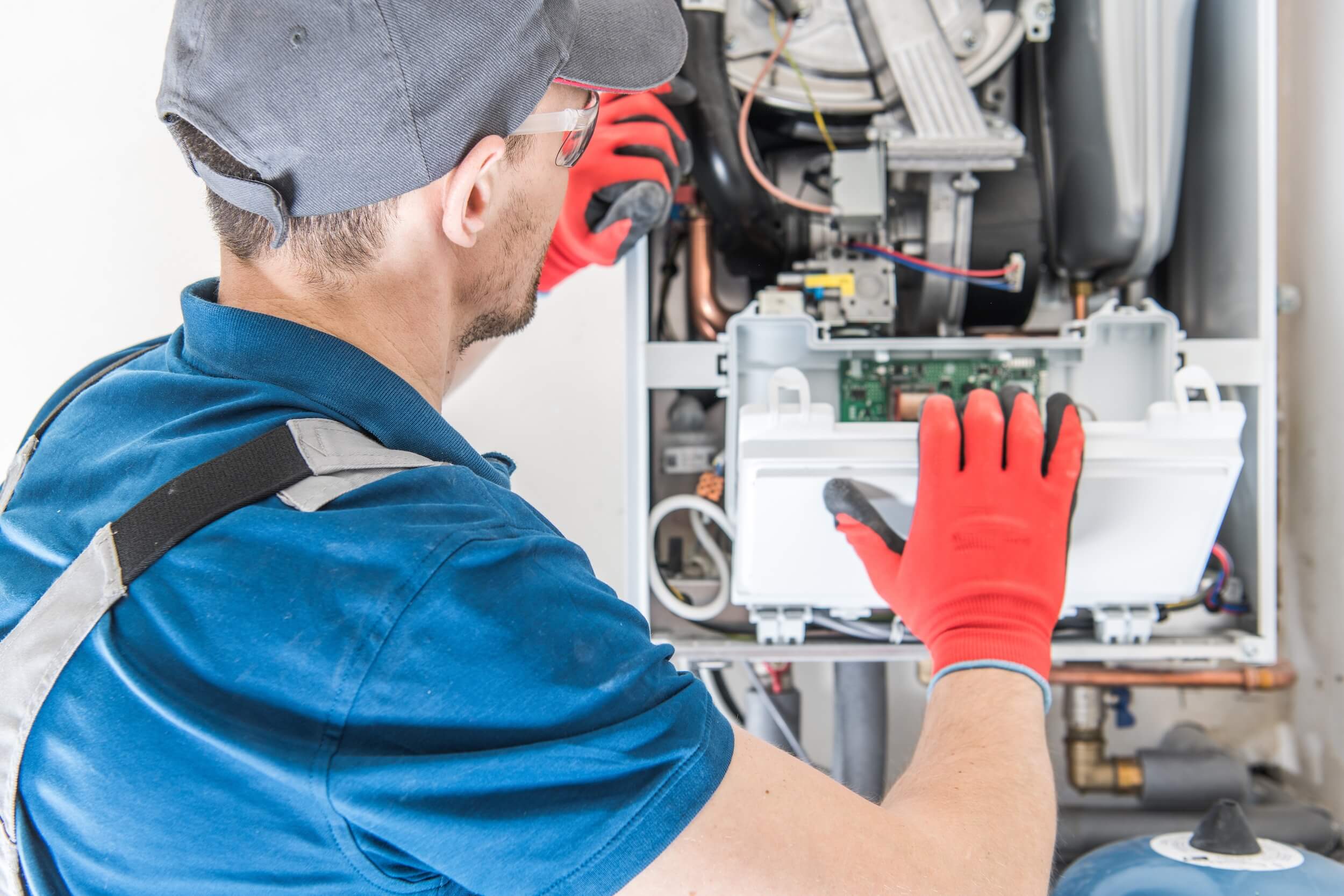Handling the Usual Hot Water Heater Emergency Challenges
Handling the Usual Hot Water Heater Emergency Challenges
Blog Article
This article down below pertaining to Common Hot Water Heater Problems is incredibly entertaining. Give it a try and make your own results.

A water heater is one of the most essential fundamental appliances that can be found in a residence. With hot water heater, you don't require to undergo the stress of home heating water manually every single time there is a need to wash, do the laundry, or the dishes. There is constantly a possibility that your water heating unit would certainly act up as with a lot of mechanical gadgets.
It is important to keep in mind any type of little malfunction and also tackle it swiftly prior to things get out of hand. Many times, your hot water heater starts to malfunction when there is an accumulation of sediments as a result of continuous use. As a precaution, regular flushing of your hot water heater is suggested to prevent debris build-up and prevent practical failure.
Common hot water heater emergencies as well as how to manage them
Leaking water heater tank.
In this scenario, you need to transform off your water heater, allow it to cool down, and also very carefully look for the source of the issue. At times, all you require to do is to tighten up a few screws or pipe links in situations of small leaks. If this doesn't work and also the leak persists, you may need to employ the solutions of a professional for a suitable substitute.
Rising and fall water temperature.
Your hot water heater can begin generating water of various temperature levels normally ice scalding or chilly warm. In this circumstance, the first thing you do is to guarantee that the temperature is set to the desired level. If after doing this, the water temperature level maintains changing throughout showers or other tasks, you might have a defective thermostat. There may be a requirement to replace either the home heating or the thermostat unit of your water heater.
Too little warm water
Dealing with an insufficient supply of hot water can be irritating. It might be that the water heater can not sustain the warm water need for your home. To deal with this problem, you might try to change your heating unit's temperature level dial and also await a couple of minutes. You can ask for the assistance of an expert plumber if the problem lingers. You might update your water heating unit to one with a larger capability.
Tarnished or odiferous water
When this occurs, you need to recognize if the issue is from the container or the water resource. If there is no amusing scent when you run cool water, then you are specific that it is your water heating unit that is damaged. The odiferous water can be triggered by corrosion or the build-up of microorganisms or sediments in the water heater container.
Verdict
Some property owners neglect little warning and minor faults in their hot water heater system. This just brings about further damage as well as a possible full malfunction of your appliance. You ought to take care of your water heater faults as quickly as they come near prevent more expenses as well as unnecessary emergency difficulties.
With water heating systems, you do not require to go with the anxiety of home heating water manually every time there is a requirement to take a bathroom, do the washing, or the dishes. Your water heating unit can begin creating water of various temperature levels usually ice scalding or cool warm. It might be that the water heater can not sustain the warm water need for your home. If there is no funny scent when you run cool water, after that you are particular that it is your water heating system that is faulty. The stinky water can be triggered by rust or the buildup of bacteria or debris in the water heating system storage tank.
What’s Wrong With My Water Heater?
Not Enough Hot Water
You probably encounter this problem in the shower or while washing dishes. As you run your water, you’ll notice it starting to cool down. Turning up the hot faucet may not work, or it may only heat the water for a short period. Your hot water probably comes back and works normally one or two hours after you use it up.
If you’ve never had enough hot water, your heater may be too small for your home. If you haven’t had a problem until recently, there’s probably something’s wrong with your heater’s thermostat. Try adjusting it to see if you can feel a difference. Even if the thermostat’s working, the heating element itself could have burnt out. It’s also possible that a clog has restricted water flow into or out of the heater. Luckily, none of these problems are hard to fix, as long as you call them in early.
Water is Too Hot
Unregulated water heaters can make water dangerously hot. You probably have this problem if you’ve been scalded by your hot water. It’s also a likely culprit if you have trouble getting your faucets to produce a comfortable temperature. This problem is easy to fix, but it can also be a serious health hazard if you don’t address it. If you think your water is too hot, don’t doubt yourself; look into it!
Start by finding your heater’s thermostat and mark its position with a pen. Turn the thermostat to a cooler setting. Wait a couple hours to see if the problem is solved. If it isn’t, listen for boiling in the tank and look for water that comes out of the faucet steaming. In those cases, your temperature-pressure relief valve may be malfunctioning. This is a serious problem that can be dangerous, so you should have it looked at right away.
Discolored or Smelly Water
If all your water looks rusty or smells weird, there’s probably a problem with your pipes. If only your hot water looks weird, however, your water heater is probably at fault. Hot water discoloration comes in several varieties. It could look orange or brown-ish, taste rusty, or feel grainy. It could also look yellow or green-ish and taste gross or feel slimy. Either way, it’s a sign that there’s something wrong with your water heater’s tank.
Usually, hot water discoloration means sediment has built up in your tank. Sediment is made up of hardened minerals that accumulate on the inside of the water heater’s walls. When enough sediment builds up, it causes all kinds of problems–including your discolored water. Try flushing your water heater tank to clean out built up sediment. If the water still tastes rusty, your tank’s rust-preventing anode rod may have worn out. A pro can replace an anode rod easily, but without one, your tank could rust beyond repair relatively quickly.
Leaking
Water heaters can leak from several different places, and each leak means something different. If the leak is coming from a pipe above the heater, it’s possible the tank itself hasn’t been compromised. The cold inlet, hot outlet, and T&P pipes could all leak from above. Try tightening the problematic valve. If that doesn’t work, then the valve or pipe will have to be replaced.
If the leak is coming from the bottom of the tank, it’s important to determine exactly where it is. The leak could be coming out of the drain valve or your T&P valve below the tank. You can replace those valves and preserve the tank itself. If you notice the water tank itself leaking, however, that probably means it’s corroded beyond the point-of-no-return. Leaking water heaters are a big deal, so you should get yours replaced ASAP.
https://www.punctualplumberdallas.com/blog/whats-wrong-water-heater/

I found that post about Warning Signs You Need Water Heater Repairs while scouting around the internet. Sharing is caring. Helping people is fun. Thank-you for taking the time to read it.
Rapid response assured. Report this page